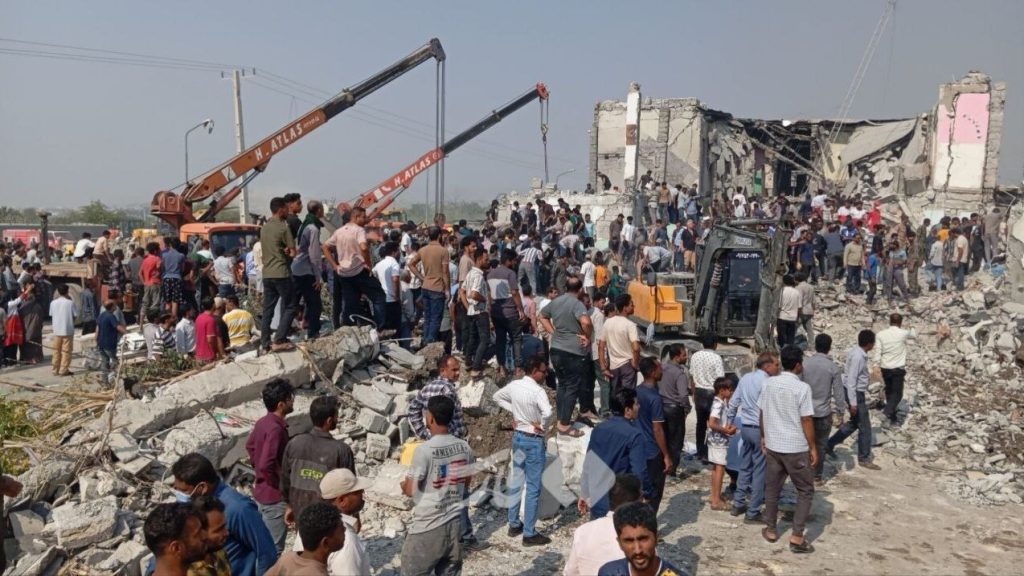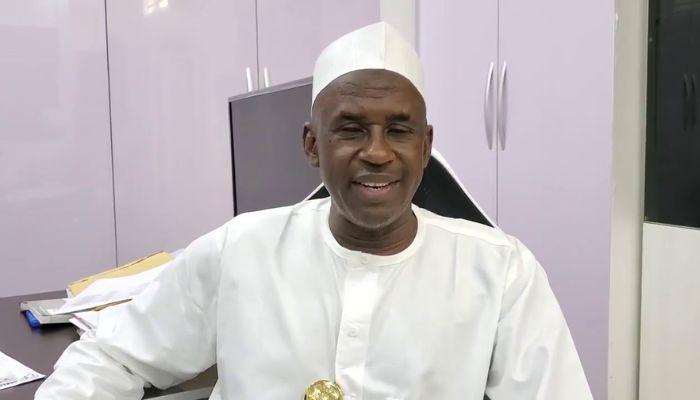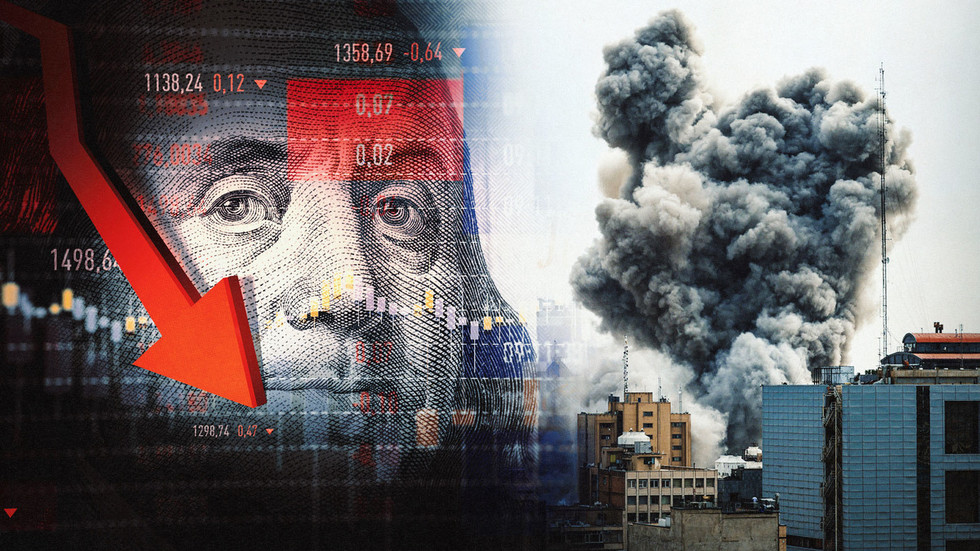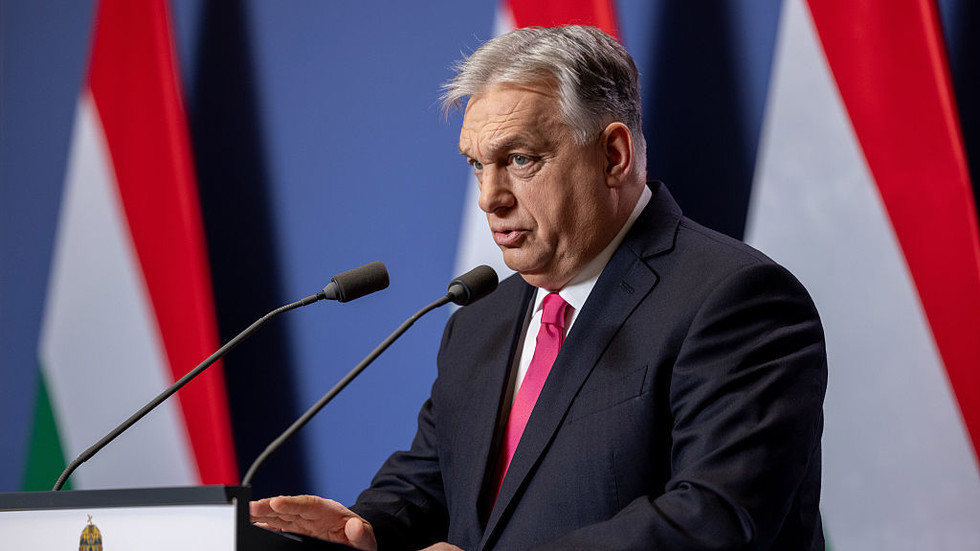Bolivian ex-president Evo Morales began a hunger strike on Friday, intensifying the conflict between his supporters and the government. Morales’ allies have been blocking roads across various regions for 19 consecutive days, protesting President Luis Arce’s economic policies and accusing the government of unfairly prosecuting the former leader. “We do not want bloodshed. We have always sought a sincere dialogue,” Morales wrote on X, urging activists to consider a pause in the blockades. He called for the withdrawal of police and military forces, pressing the government to engage in dialogue on economic and political issues.
President Arce, who had issued an ultimatum demanding the removal of roadblocks, has warned that the government would “exercise its constitutional powers” to restore order. On Friday, police began dismantling barricades along the highway connecting Cochabamba to western Bolivia, clashing with protesters near Parotani. At least 19 police officers have been hospitalized, and 66 protesters have been arrested.
In a separate incident, the government reported that armed groups linked to Morales took over three military bases in Cochabamba, holding soldiers and their families hostage. The Bolivian Armed Forces warned these groups to disarm, calling their actions treasonous. Morales, a charismatic leftist figure who led Bolivia from 2006 until 2019, fled the country amid accusations of electoral fraud and subsequent protests. His rivalry with Arce, once a close ally, has since deepened, straining their shared Movement for Socialism (MAS) party.
This standoff comes amid Bolivia’s worsening economic challenges and growing unrest under Arce’s administration. Morales’ hunger strike adds another layer of urgency, as he appeals to international organizations for mediation to resolve the crisis.



